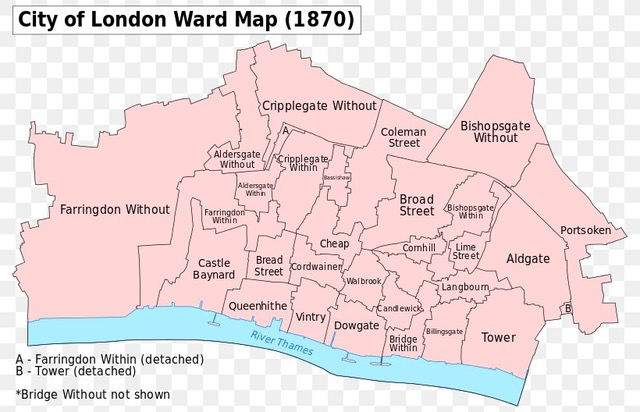
- This event has passed.
The Story of Insulin: How Wool Wove a Path from Thick Brown Muck to Wall Street Gold

Last Updated on 19/03/2025
30 April 2025
Virtual Lecture Dr Kersten Hall (Leeds University), organised by The Clothworkers’ Company
19.00 – 20.00 (London time)
Zoom details for the event will be sent to registered guests in advance of the lecture.
Free virtual event, but registration is required as space is limited. Register here:
https://www.eventbrite.co.uk/e/the-story-of-insulin-a-lecture-by-dr-kersten-hall-leeds-university-tickets-1252979177449?aff=oddtdtcreator
About the Lecture
When Canadian scientist Fred Banting first received the news in October 1923 that he had been awarded a Nobel prize for his role in the discovery of insulin, he should have been delighted. Until this time, a diagnosis of Type 1 Diabetes was a certain death sentence. Little could be done for patients other than to put them on a starvation diet to delay their inevitable slide into a fatal coma.
All this had changed dramatically in January 1922, when 14-year-old diabetic patient Leonard Thompson was injected with what one clinician described as 15cc of ‘thick brown muck’ prepared by Banting and his colleagues. Why then was Banting furious to hear that he had just been awarded the most coveted accolade in science for this achievement? And how did the humble wool fibre play a crucial role in transforming Banting’s ‘thick brown muck’ into a multi-million dollar pharmaceutical product made by genetic engineering? Join us for this lecture to learn the answers.
About Dr Kersten Hall
After studying biochemistry at St. Anne’s College, Oxford, Dr Kersten Hall worked for several years as a molecular biologist in the School of Medicine at the University of Leeds before finally hanging up his white coat and swapping the laboratory bench for the library to write about science. His book, The Man in the Monkeynut Coat (OUP 2014), told the story of physicist William Astbury. Astbury’s research into wool fibres, which was carried out in Leeds in the 1920s and 30s, played a crucial – but little known – role in the discovery of the structure of DNA (the genetic material and the emergence of the powerful new science of molecular biology). The book was shortlisted by the British Society for the History of Science prize; a revised edition is now available in paperback.
The inspiration for Dr Hall’s most recent book, Insulin: The Crooked Timber, came not from professional interest as a historian in this field, but rather from his own sudden diagnosis with type 1 diabetes. Being now dependent on insulin himself, he was inspired to research the events surrounding its discovery. It is a story that he has likened in parts to ‘Game of Thrones’ – enacted with lab coats and pipettes, instead of chain mail and poisoned daggers. The book was published in 2022 to mark the centenary of the discovery of insulin and has been featured on the BBC World Service, BBC History Extra, The New York Review of Books, and the journal Nature.
Dr Hall is now a visiting fellow in the Centre for History of Science at the University of Leeds and describes his work as writing about long-dead scientists whom few people have heard of and trying to persuade us why their stories matter.
Check on the organiser’s website that dates and times are correct.

